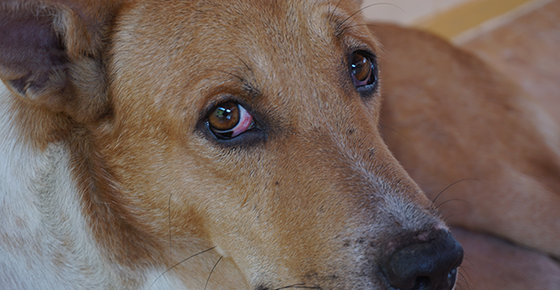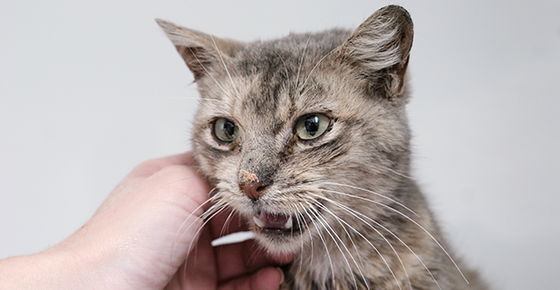
by animaldogs | Nov 1, 2023 | Recognizing Illness
Symptoms of ear disease are shaking the head, scratching at the ears, discharge from the ear canal, odor from the ear, or redness of the ear flap or entrance to the ear canal. Your pet may be tilting their head to one side although it’s important to point out...

by animaldogs | Nov 1, 2023 | Recognizing Illness
Dogs occasionally develop a red eye. The redness may be in the white of the eye, in the clear part of the eye called the cornea, or within the eyeball. There are many causes of a red eye, but all ocular diseases should always be considered an urgent matter, and be...

by animaldogs | Nov 1, 2023 | Recognizing Illness
On February 14, 2011 IDEXX Research Laboratories confirmed that the 2009 H1N1 influenza virus was present in two cats from the same Wisconsin home. The cats were treated at an veterinary hospital for severe respiratory distress. The owner of the cats had been...

by animaldogs | Nov 1, 2023 | Recognizing Illness
Glaucoma is typically a disease affecting middle- age to older pets. The symptoms can be very insidious in that they may not be noticeable at first, but eventually you may see a red eye or a dilated pupil, and ultimately, as the disease progresses, you can see that...

by animaldogs | Nov 1, 2023 | Recognizing Illness
As veterinary medicine advances, dogs are living longer and longer. With advancing age, more geriatric diseases are becoming prevalent. Problems with vision, such as cataracts, glaucoma, and keratitis, are common. Many of these problems occur so gradually that some...

by animaldogs | Nov 1, 2023 | Recognizing Illness
Identifying the signs of sickness in a dog can be challenging, even for the most vigilant pet owners. Since a sick dog is unable to verbally communicate what hurts, pet owners must pay close attention to identify the signs of illness. Subtle changes in behavior or...







